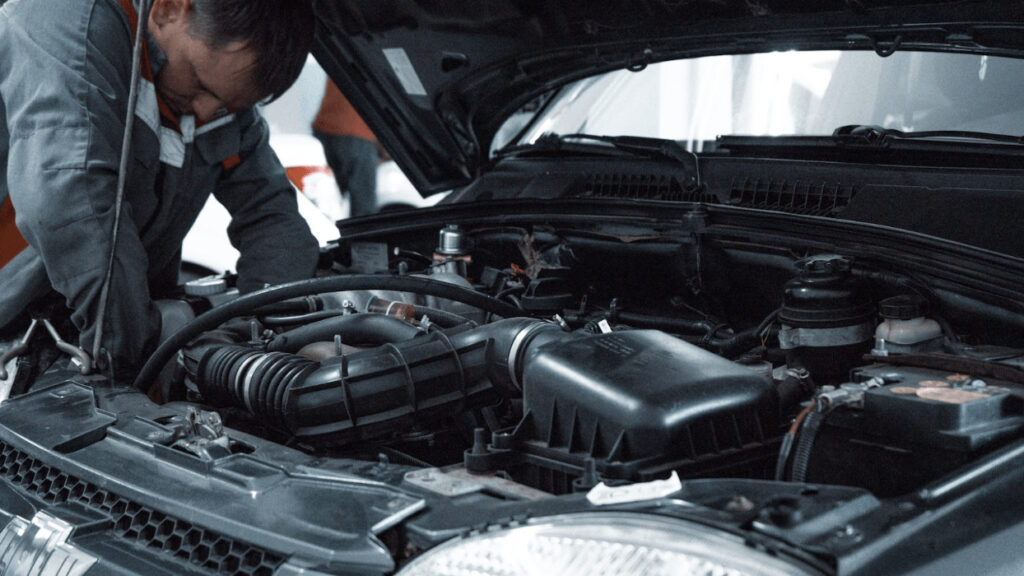The financial decisions we make can have a huge impact on our daily lives. For instance, there are advantages and disadvantages of applying for a second mortgage or buying a used car. Owning a car is often seen as a necessity in the modern world, but it can put a strain on people’s funds. This article explains how to make car ownership more affordable, and less of a burden on the house budget.

Negotiate The Price When Buying
Negotiating the price of a car can be intimidating, but don’t let it scare you away. Bring someone more confident with you if necessary! This can save you hundreds or even thousands of dollars – and dealerships/private sellers expect buyers to negotiate.
When negotiating with a dealership, know what extras you want and make sure to get them in writing (e.g.warranties, maintenance plans, extended coverage, or rust-proofing). If you pay cash for your vehicle, this will give you more leverage when negotiating the price, since most dealerships offer discounts for cash purchases. You may also have an old car you wish to trade in for a further discount.
Shop Around For Insurance
Don’t buy the first car insurance policy you come across. Shopping around for coverage can lead to big savings, and is actually quite simple when you know where to look. First, research multiple companies and compare their prices against each other (as well as what you already pay). In this regard, price-comparison websites can save you both time and money. Check out reviews from existing customers and carefully read through the terms of the agreement before signing up.
You may be one of the 21 million people living in the State of Florida. Those who go online and enter ‘car insurance quotes Florida‘ in the search engine often discover why it’s needed, how it works, and what types of insurance policies there are. They can learn about property damage, bodily injury and liability, and the difference between personal and commercial auto insurance.
Drive Less – And Smarter!
Cutting down on road trips and opting for alternative modes of transportation (such as public transit or walking) can help you save considerably. You can also look into carpooling options as this allows you to share the cost of gas with other drivers in your area.
When scheduling long drives or errands, research the most direct routes so you don’t end up wasting unnecessary fuel costs by going out of your way. You can search for alternate routes through an online mapping service like Google Maps.
Downsize Your Car
Perhaps your vehicle is larger, newer, or more luxurious than you currently need. If so, downsizing could mean you’ll end up paying less each month for gas and upkeep. Before you proceed, you’ll need to identify what type of car you need, how much money you want to spend, and whether or not you’ll be using the car every day.
If you commute long distances by car each week, getting an efficient sedan might make more sense than opting for something smaller. If you plan on using your vehicle for shopping, school runs or shorter commutes, a smaller car may be the best option for you.

Get It Regularly Serviced
This is the best way to keep your car running smoothly because it identifies issues early on (before they become more expensive to fix). During these checkups, mechanics will inspect parts like brakes, fluids, tires, and spark plugs for wear or damage. They’ll also look at other components such as hoses and belts that could potentially cause bigger issues if not regularly maintained.
By having your car frequently serviced, you can reduce wear and tear, and it may even qualify you for some discounts when purchasing auto insurance policies.
Buy A Secondhand Car
Most people assume that they need to purchase a brand-new model in order to get the best value for money. However, there are many financial advantages associated with buying a secondhand car. It’s possible to save money while still getting the features you want in a vehicle. Furthermore, you won’t have to worry about taking out hefty loans or paying high-interest rates, since the initial cost of the vehicle will be much lower.
This would allow you to pay off the vehicle sooner, freeing up more funds for other necessary expenses (such as groceries or utility bills). Additionally, you can save even more money if you take the time to compare different secondhand cars.
Look At Financing Alternatives
Options such as leasing or taking out an auto loan can often enable car owners to spread out the cost over time, making it easier on their wallets. When shopping for financing options, it’s important to compare rates and terms from different lenders in order to find the best deal possible.
Additionally, researching incentives available from dealerships or banks could potentially save you money in the long run. Understanding all your options will help you decide which choice works best for you and your budgeting needs.
Use It To Generate Money
A great way to earn money with your car is to take up a side hustle, such as doing taxi work. Also, takeout deliveries are becoming increasingly popular with consumers around the world. This is because people are turning away from traditional eating-out options in favor of convenience (and safety during the pandemic). These options are easy ways to make extra income, and they allow you to put your car to good use.
Not only will this help offset some of the costs associated with owning a car, but (depending on how much work you do), it could even become a viable source of income. This means you’ll have turned to own a car into an investment rather than an expense.
As you can see, there are many ways to reduce the financial pressure on your house budget. With the right research, advice, and decisions you can still own the car that you need. You’ll have the necessary finances for it, and will be able to use it for many years to come.
